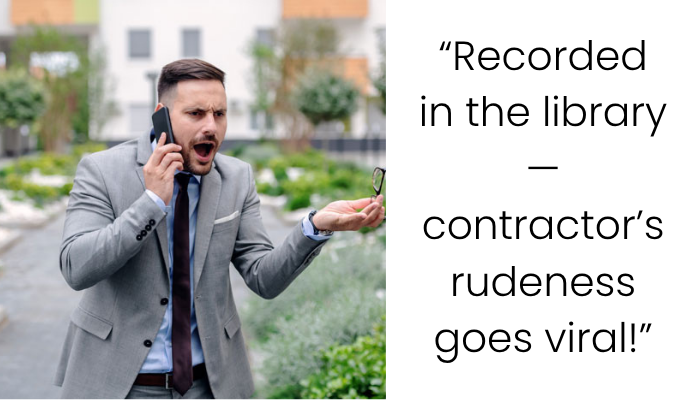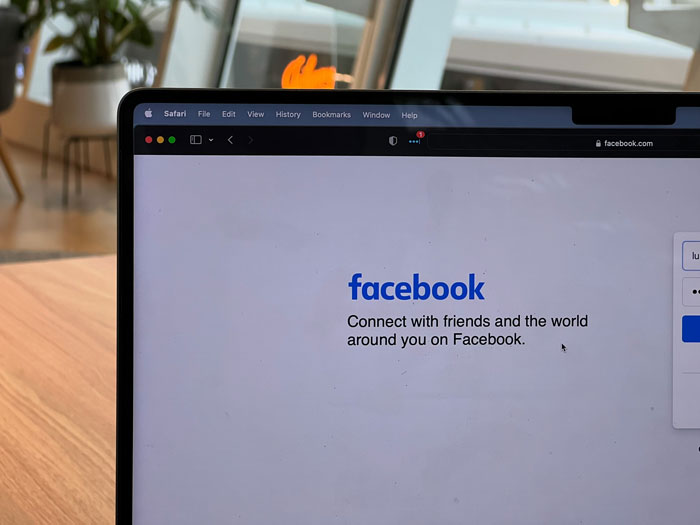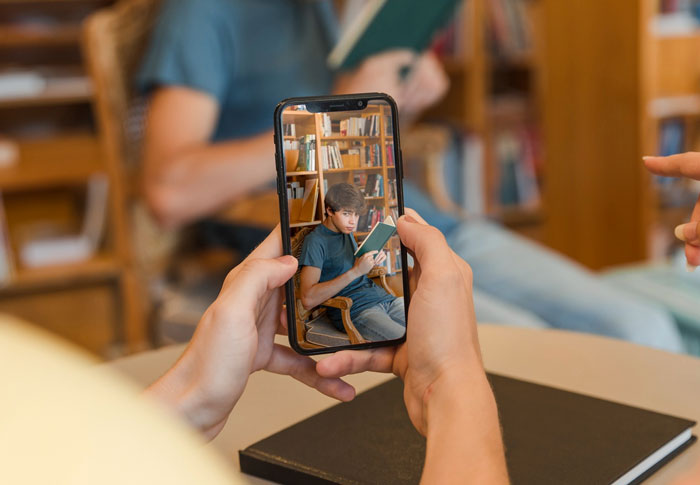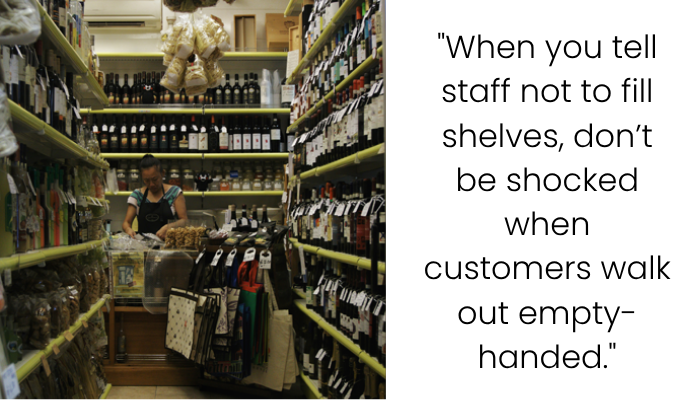Local Contractor’s Loud Phone Calls at Library Spark Public Backlash—and He Can’t Handle the Heat

Over six weeks, a first-time exam-studying patron was repeatedly distracted by a local contractor loudly conducting business calls in a quiet library study area. After polite requests failed—including appeals to staff and direct appeals—he recorded exchanges and posted a video online. The contractor, identified only as “Romano,” became a local pariah: featured on community shaming pages and even banned from a local café. Returning one week later, silent confrontation ended in a forced, half‑hearted apology—and an obscene gesture. The incident highlights evolving norms around public-space behavior, community accountability, and the consequences of disrespect.
Advertisement – Continue Reading Below
In public places, we expect all people to follow social norms so everyone can have a nice time, but some people decide to go against them, disrupting everything

Like in this story in which a group of people came to the library to do their own stuff, but were disturbed by a contractor making his phone calls there















1. Emotional & Social Context
a) Personal Boundaries vs. Community Norms
Your brother sought the quiet needed to study. That’s a reasonable expectation in a library, a space built for focus. His attempts were polite, persistent, even escalating to involving staff—signals of effort to resolve conflict respectfully.

Romano, the contractor, disregarded both library expectations and social etiquette. His booming phone conversations repeatedly invaded others’ personal and mental space. That kind of disregard isn’t just rude—it’s an assertion that his priorities outweighed the community’s comfort.
Advertisement – Continue Reading Below
b) Collective Behavior & Peer Solidarity
Notice how the group of “nerdy guys” quietly tolerated Romano until your brother acted. That’s a classic social dynamic: apathy becomes acceptance. Once someone stands up, others often follow. Your brother’s camera became a symbol—he wasn’t just protecting himself but also the group’s right to study in peace.
His recording wasn’t just documentation—it was solidarity. It said, “This boundary violation isn’t just about me. It’s about all of us.” And communities often rally behind visible statements of fairness.
📢 2. Power of Public Feedback
a) Social Repercussions in the Digital Age
Posting the video publicly amplified the issue. It turned a private nuisance into a community conversation. In a town of 40–50K, that kind of blowback is swift and visible. Over a few days, Romano’s disrespect was broadcast, discussed, and recorded both in the library and online.
Advertisement – Continue Reading Below
This reflects the classic dynamic of “social correction”: when someone behaves poorly in public, society can intervene—sometimes via shaming—to restore social norms.
b) Accountability and Social Contracts
Romano’s behavior violated unspoken community contracts: libraries are quiet zones; neighbors respect shared spaces. By flaunting norms, he unintentionally enlisted broader societal judgment.

He faced reputational damage—not only in the library but in other venues like Dunkin Donuts. If you’re known as the loud, unprofessional contractor, you’re also nixed from clients and community spots.
Advertisement – Continue Reading Below
🔍 3. Ethics of Recording & Exposure
a) Privacy vs. Public Interest
His repeated phone interruptions were public, disruptive acts. Recording in a public space like a library is typically legal (check your local laws), particularly when it documents harmful behavior affecting others. Ethically, transparency outweighs an individual’s expectation of privacy when they’re endangering communal welfare.
b) Fair Warning & Proportional Response
Your brother gave warnings, both personally and via library staff. People were aware they were being recorded. When Romano continued, the eventual recording served to highlight the unresolved conflict. Public exposure wasn’t the first step—it was the last resort after reasonable attempts to get compliance.
##🏛️ 4. Romano’s Response & Social Fallout
Advertisement – Continue Reading Below
a) Apologies Under Duress
When your brother asked for an apology, Romano offered a forced, minimal one: “OK, I’m sorry.” These “I’m sorry” moments rarely denote remorse; rather, they’re often attempts to defuse tension without internalizing responsibility.

His finger gesture afterward confirmed as much—it wasn’t an apology, it was a performance under public pressure.
b) Adaptive Retreat
Romano hasn’t returned to the library since. That’s social eviction—the crowd rejected him, and he removed himself (or was effectively ostracized). Public images, social media, staff opinion—all coalesced to revise the accepted user base. It was social self-reinvention… out of necessity.
Advertisement – Continue Reading Below
✅ 5. Verdict: Reason, Enforcement, and Community
| Action Taken | Result |
|---|---|
| Brother’s polite requests | Ignored by Romano |
| Staff intervention | Temporary compliance |
| Polite but firm escalation | Documented evidence |
| Community spread of video | Social pressure; behavior correction |
| Romano’s forced apology & retreat | Norms restored, peace regained |
Your brother’s approach was strategic: he prioritized conversation and protocol. When Romeo remained defiant, your brother leveraged social accountability in a legal, public manner. The outcome affirmed norms without violence—social justice via passive action.
👏 6. Wider Implications & Learnings
- Iteration of conflict resolution: ask once, escalate politely, reach out for community support, and finally document if rules are continually broken.
- Community enforcers matter: whether staff, patrons, or online platforms, shared expectations maintain civility.
- Social remediation works: On small scales, digital public opinion can restore norms faster than official penalties.
- Personal integrity preserved: your brother never resorted to aggression, even after provocation.
People online thought this revenge was pretty well done and praised the group who came up with it







Your brother didn’t overplay his hand. He asked, he documented, he shared. He helped a whole group reclaim their right to study peacefully. And that kind of public intervention—when rightful and restrained—doesn’t just silence a loud contractor; it strengthens the fabric of community life.
If you’re ever curious about preparing evidence, crafting posts, or navigating similar disputes ethically, I’m happy to walk through how to handle that responsibly!
Advertisement – Continue Reading Below






